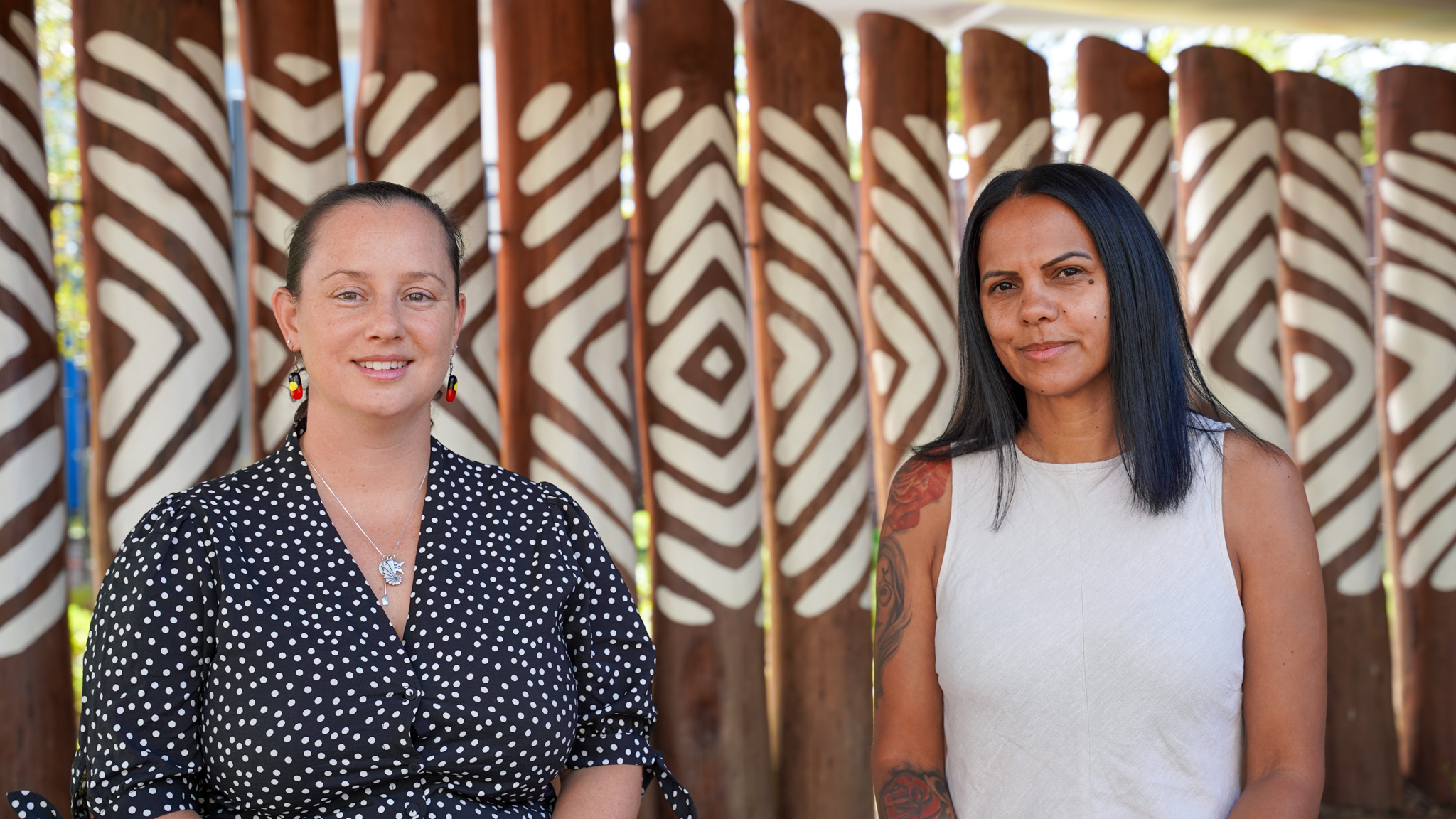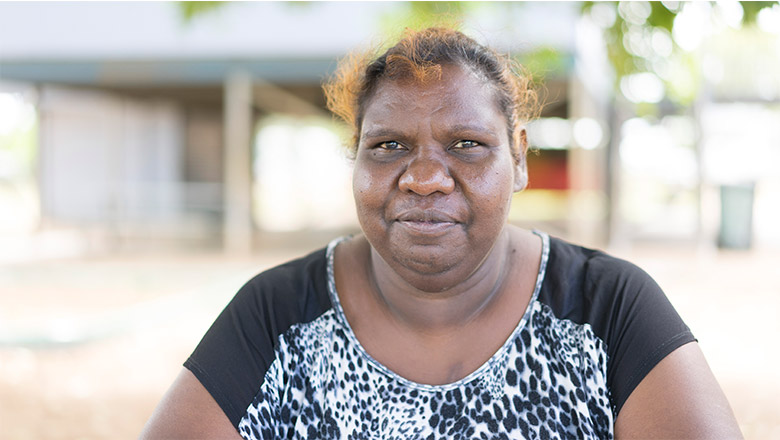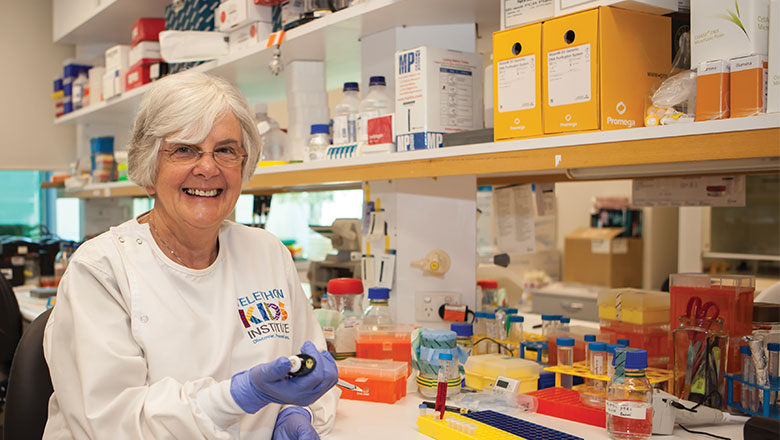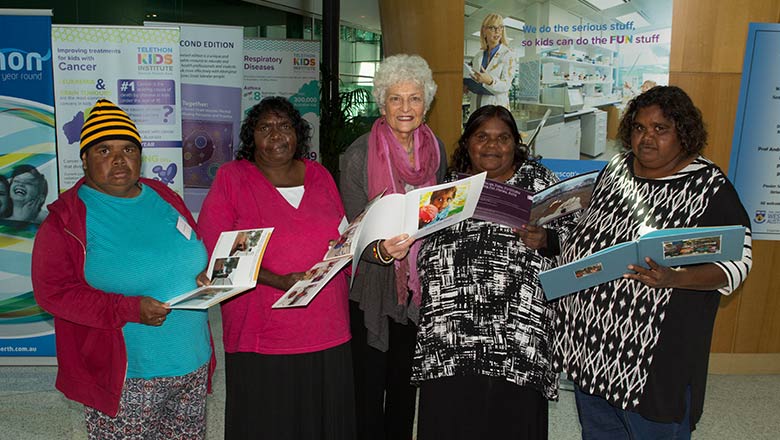Search
Research
Crowding and other strong predictors of upper respiratory tract carriage of otitis media-related bacteriaStreptococcus pneumoniae, Moraxella catarrhalis, and nontypeable Haemophilus influenzae is associated with otitis media
Research
Acute lower respiratory infections (ALRI) in Indigenous and non-Indigenous childrenIn Australia and many other developed countries, acute lower respiratory infection (ALRI) is one of the most common reasons for hospitalisation in young...
Research
Modern and traditional diets for Noongar infantsBreast- & bottle-feeding patterns & the introduction of solid feeds & sugar containing drinks to the dietary intake of a cohort of urban Aboriginal infants

A first of its kind research program at The Kids Research Institute Australia aims to develop new strategies to better treat Aboriginal and Torres Strait Islander children with cancer.

News & Events
New grant to upskill local Aboriginal women as community health researchersAboriginal women in Western Australia's Kimberley region will be become qualified as community health researchers thanks to a grant awarded to The Kids.

News & Events
A new approach for research with Aboriginal communitiesWinning the support of a remote Aboriginal community paved the way for a pioneering genetics study.

News & Events
Boosting literacy in Aboriginal kidsAn NHMRC grant to develop a program to improve school outcomes in the Ngaanyatjarra lands has helped create books reflecting Aboriginal experiences.
Research
Peer-led Aboriginal parent support: Program development for vulnerable populations with participatory action researchThe themes that emerged from the data and addressed the methodological aim were the need for safe communication processes; supportive engagement processes and supportive organisational processes.
Research
An Evaluation of the National Empowerment Project Cultural, Social, and Emotional Wellbeing ProgramParticipant’s interviews describe how the Cultural, Social and Emotional Well Being(CSEWB) Program significantly changed their lives and their families’ lives in various constructive and affirming ways to bring about positive outcomes.
Research
A rapid review to inform the policy and practice for the implementation of chronic disease prevention and management programs for Aboriginal and Torres Strait Islander people in primary careMore than 35% of Aboriginal and Torres Strait Islander adults live with cardiovascular disease, diabetes, or chronic kidney disease. There is a pressing need for chronic disease prevention and management among Aboriginal and Torres Strait Islander people in Australia. Therefore, this review aimed to synthesise a decade of contemporary evidence to understand the barriers and enablers of chronic disease prevention and management for Aboriginal and Torres Strait Islander People with a view to developing policy and practice recommendations.
